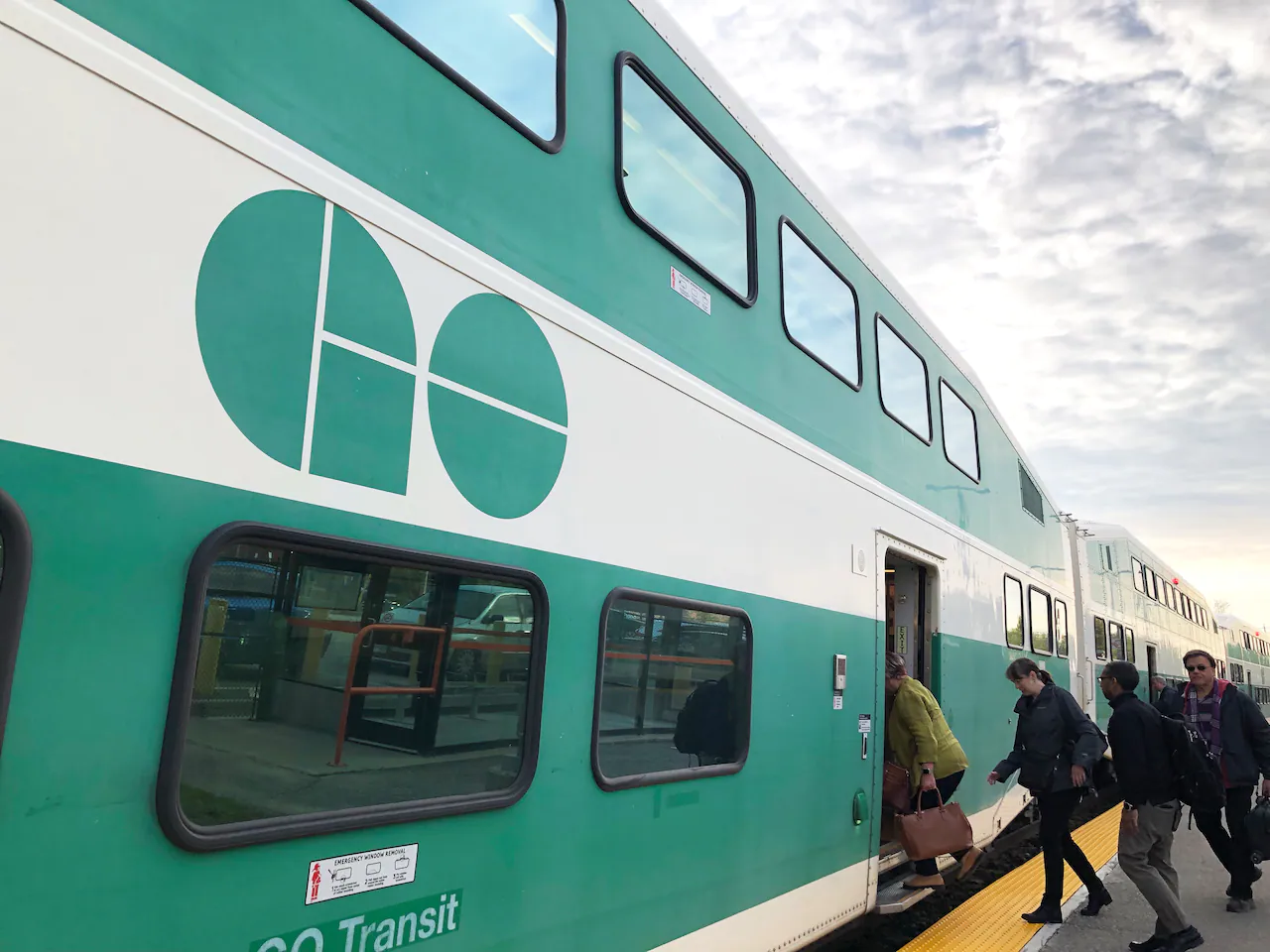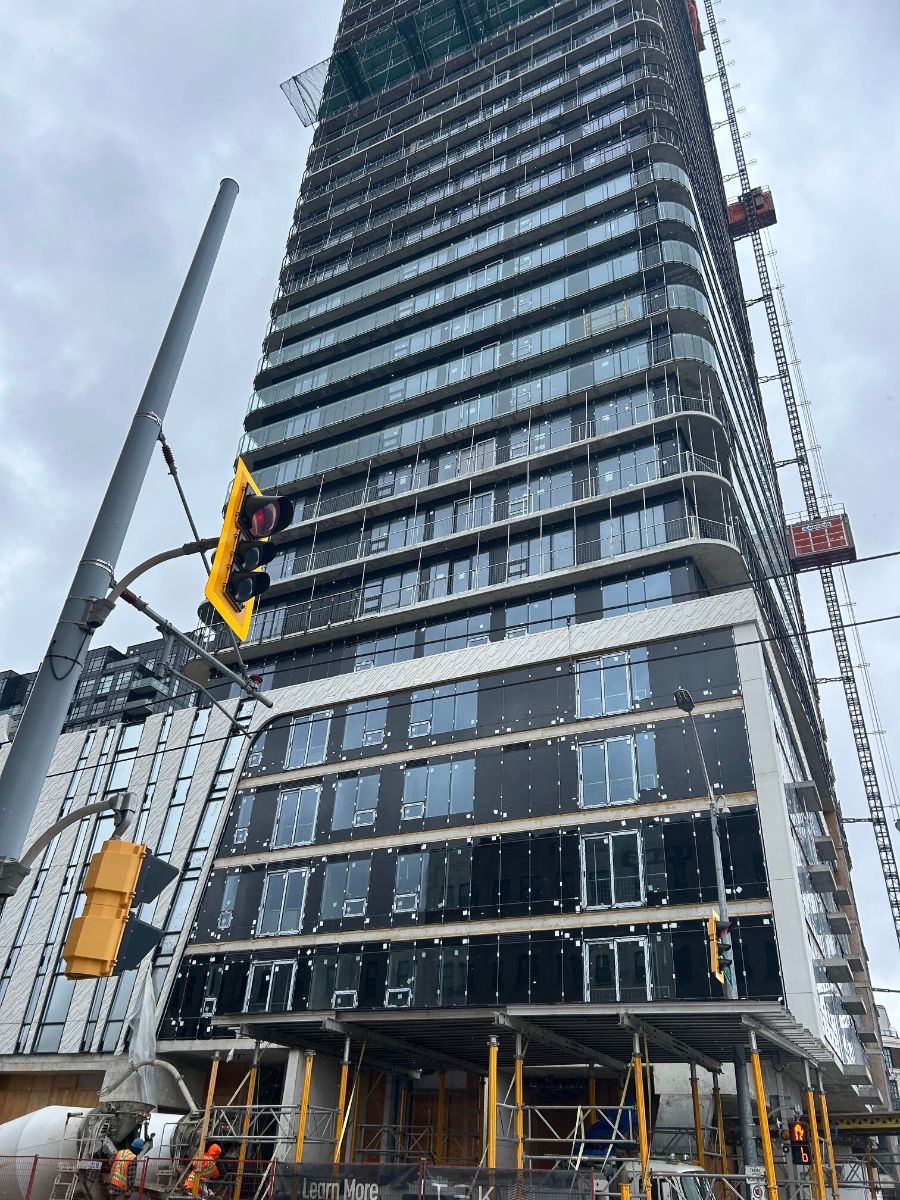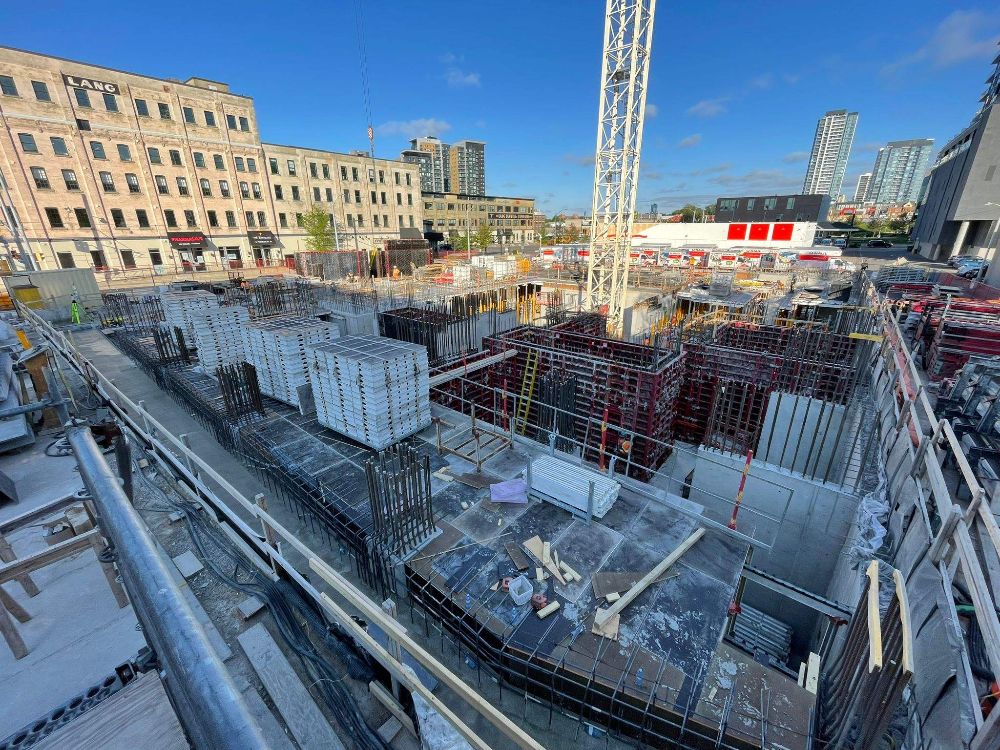The province and Metrolinx have released a preliminary design business case for two-way, all-day GO train service between Kitchener and Toronto.
The business case was announced Friday by Transportation Minister Caroline Mulroney, who said it’s part of a plan to provide fast and frequent service along the Kitchener line to connect people through a seamless transportation network in the Golden Horseshoe.
It comes after two-way, all-day GO service on the Kitchener line was mentioned in the provincial budget in March.
She said the release of the business case “brings us another step closer to meeting these goals and delivering two-way, all-day service that people deserve.”
The plan includes a call for more train service and shorter travel times between Kitchener and Toronto as well as new station platforms and track upgrades.
Metrolinx documents have previously said the transit agency is targeting to have two-way, all-day GO in place by 2025. Phil Verster, president and chief executive officer with Metrolinx, said Friday he’s not prepared right now to announce a timeline for when service will actually begin.
“What we’re trying to avoid is a sense of exuberance to over declare dates very early in the projects,” Verster said. “We find its much more conducive and positive if we declare dates when we have more certainty.”
erster says more certainty may come as soon as they firm up the grade separation at Silver Junction in Georgetown. That will involved working with CN Rail.
As part of the announcement Friday, Metrolinx has also now opened up a requests for quotations process for “improved infrastructure between Georgetown and Kitchener.” It would see improvements made at the Acton GO Station and Guelph Central Station to allow for two-way train service, new maintenance of tracks as well as other track upgrades that will allow for higher train speeds.
Kitchener Mayor Berry Vrbanovic called the announcement “critical” to moving the project forward.
“In the post-COVID economy, we will need these strategic and significant long-term transit investments to create jobs, reduce our carbon footprint and to foster our continued economic growth,” he said in a video posted to Twitter.
Source: CBC
Original Article


